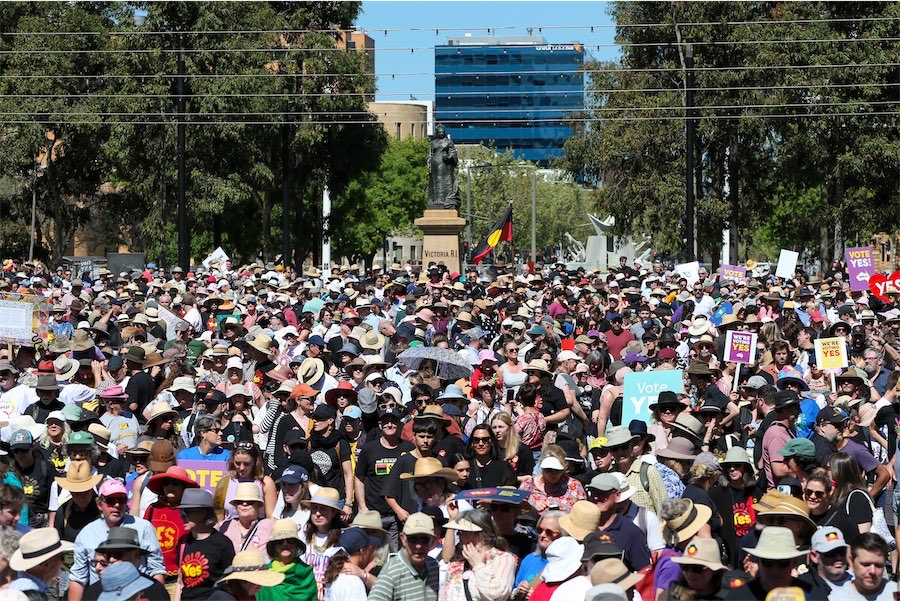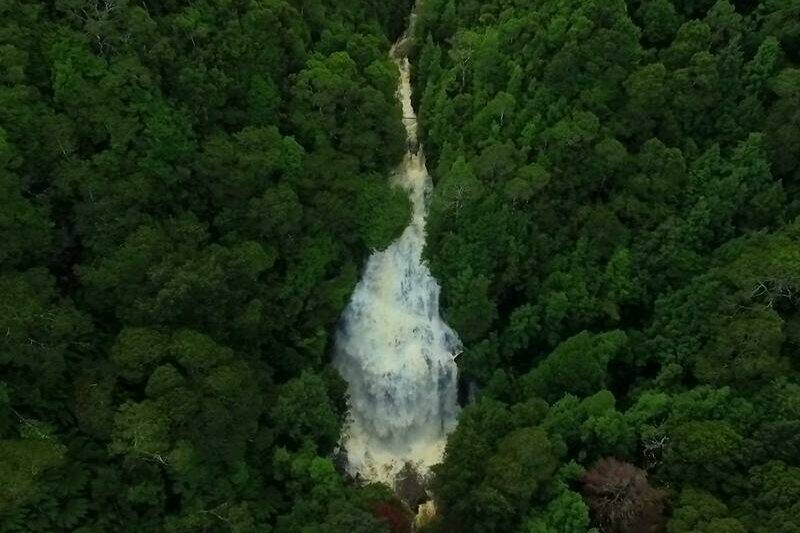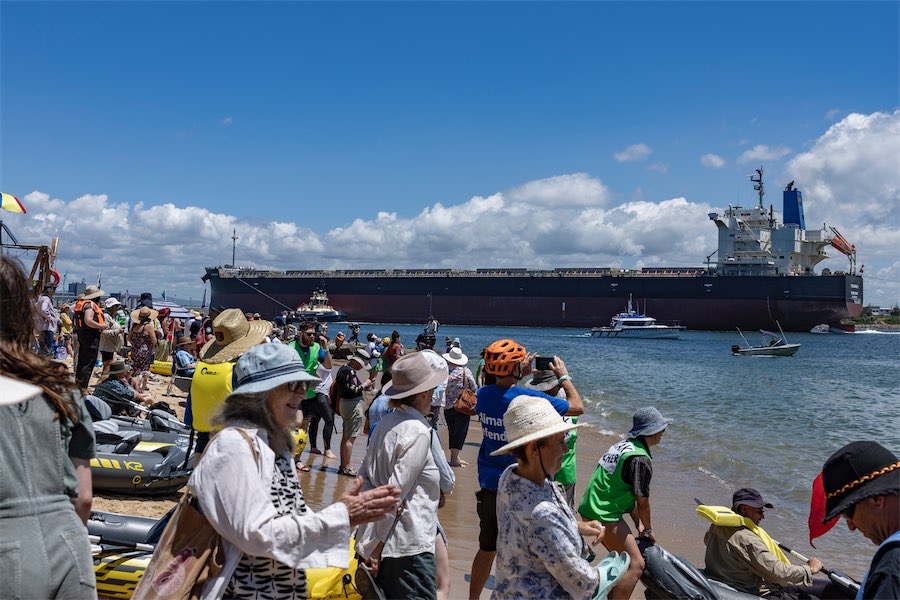
By Dominic Giannini and Neve Brissenden in Canberra
CALLS are echoing for the indigenous Voice debate to focus on the referendum question as prominent “no” campaigner Warren Mundine says Australians need to come to terms with the impact of colonisation.
Opposition indigenous affairs spokeswoman Jacinta Nampijinpa Price stirred controversy in a provocative speech, saying British colonisation had not had lasting negative impacts on Aboriginal people.
Indigenous Australians Minister Linda Burney labelled the comments “simply wrong” and a “betrayal” to the stolen generations’ families.
Mr Mundine said the nation needed to “recognise the good and bad” of colonisation but should not let it continue to capture the national psyche.
“You cannot go on forever saying that colonisation… is going to stop us from doing things, is going to stop us from improving our lives and keep us in poverty,” he told the ABC’s “Insiders” program on Sunday.
“We’ve got to recognise the problems of the past, we’ve got to talk about our history factually.
“But at the same time, we have to move forward, if we do not move forward, then we’re stuck in history.”
Mr Mundine pointed to prominent indigenous Australians such as himself and academic and activist Marcia Langton as examples that indigenous people were able to succeed.
He said the largest gap was not between black and white, but between cities and people living in remote and regional Australia.
“This is where the problems are, we have to stop treating Aboriginal people the same,” he said.
“We need to be focusing on the ones who are struggling and in need of support.”
Mr Mundine also said a “no” vote would pave the path to a treaty with First Nations people as “that’s when the real work starts” instead of having what he calls another layer of bureaucracy with the Voice.
He said a treaty would allow the nation to “move on and… face the reality that there are 26 million other people in this country who have come here and helped build this country”.
He also stood firm in his calls to change the date of Australia Day.
Federal minister Bill Shorten said it was important debate heads back to the basics and that arguments are focused on the changes to the constitution before Australians.
“Everyone’s entitled to their opinion but… we just need to clarify what this is all about,” he told Sky News on Sunday.
“This referendum is about a pretty straightforward proposition, it’s about recognition and listening in order to get better results.
“It’s far less dramatic and far less worrisome to the rest of Australia than some of the ‘no’ case are making out.”
Greens Leader Adam Bandt said he did not agree with Senator Price’s colonisation comments and the referendum was about whether Aboriginal and Torres Strait Islander people should be recognised in the constitution and be given a Voice to advise the government.
“Ultimately this referendum is about recognising… that not only they were here, that they were here first, which is obviously something that previously the law didn’t recognise,” he said.
“To that extent, I think the referendum is actually a fairly uncontroversial proposition.”
Voters will head to the ballot box on October 14, when they will be asked whether they want to recognise the First Peoples of Australia by enshrining an indigenous consultative body in the constitution.
Who can be trusted?
In a world of spin and confusion, there’s never been a more important time to support independent journalism in Canberra.
If you trust our work online and want to enforce the power of independent voices, I invite you to make a small contribution.
Every dollar of support is invested back into our journalism to help keep citynews.com.au strong and free.
Thank you,
Ian Meikle, editor





Leave a Reply